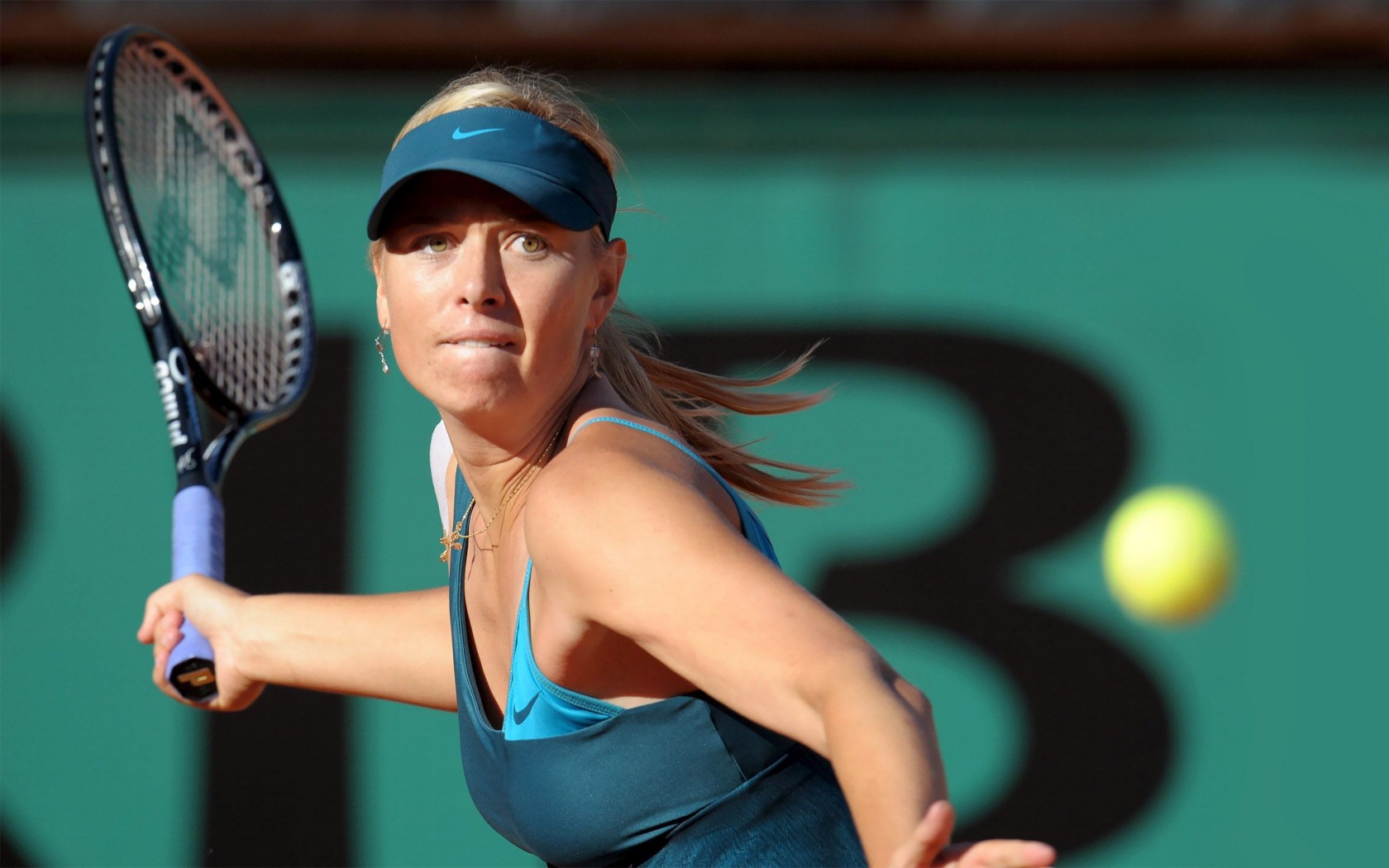LONDON, ENGLAND—The International Tennis Federation announced on Wednesday, June 8 that tennis icon and superstar Maria Sharapova will be banned from the professional sport for two years after she tested positive for meldonium, a banned substance under section S4 of the 2016 WADA Prohibited List.
The 29-year-old Russian-born player provided a urine sample on January 26, after her quarter-final match at the 2016 Australian Open in Melbourne, Australia. According to the press release from ITFTennis.com, the sample was sent to the WADA-accredited laboratory in Montreal, Canada for testing, where they discovered the banned substance.
On March 2, Sharapova was charged with an Anti-Doping Rule Violation under Article 2.1 of the Programme (presence of a Prohibited Substance in a Player’s Sample).
Sharapova admitted to the charge, but subsequently, requested a hearing before an Independent Tribunal in accordance with Article 8 of the Programme to determine the outcome that would result from her violation.
After deliberation over the case, the Independent Tribunal released their decision.
It determined that (1) Ms Sharapova should serve a period of ineligibility of two years; (2) due to her prompt admission of her violation, that period of ineligibility should be back-dated under Article 10.10.3(b) of the Programme to commence from January 26, 2016 (the date of sample collection) and so should end at midnight of January 25, 2018; and (3) her results at the 2016 Australian Open should be disqualified, with resulting forfeiture of the ranking points and prize money that she won at that event.
The full decision in the case of Maria Sharapova can be found at http://www.itftennis.com/media/231178/231178.pdf.
The ruling by the independent panel did state that Sharapova did not intend to cheat but that she bore “sole responsibility” and “very significant fault” for the positive test.
Maria Sharapova responded to the decision with the following statement:
“The ITF tribunal unanimously concluded that what I did was not intentional. The tribunal found that I did not seek treatment from my doctor for the purpose of obtaining a performance enhancing substance. The ITF spent tremendous amount of time and resources trying to prove I intentionally violated the anti-doping rules and the tribunal concluded I did not. You need to know that the ITF asked the tribunal to suspend me for four years – the required suspension for an intentional violation – and the tribunal rejected the ITF’s position.”
Sharapova continued, “I cannot accept an unfairly harsh two-year suspension. The tribunal, whose members were selected by the ITF, agreed that I did not do anything intentionally wrong, yet they seek to keep me from playing tennis for two years.”
The Women’s Tennis Association issued a statement on the ruling stating, “It is important at all times for players to be aware of the rules and to follow them. In this case, Maria has taken responsibility for her mistake from the outset. The WTA supports the process that the ITF and Maria have followed.”
Sharapova will appeal the decision in hopes to get the suspension reduced.






